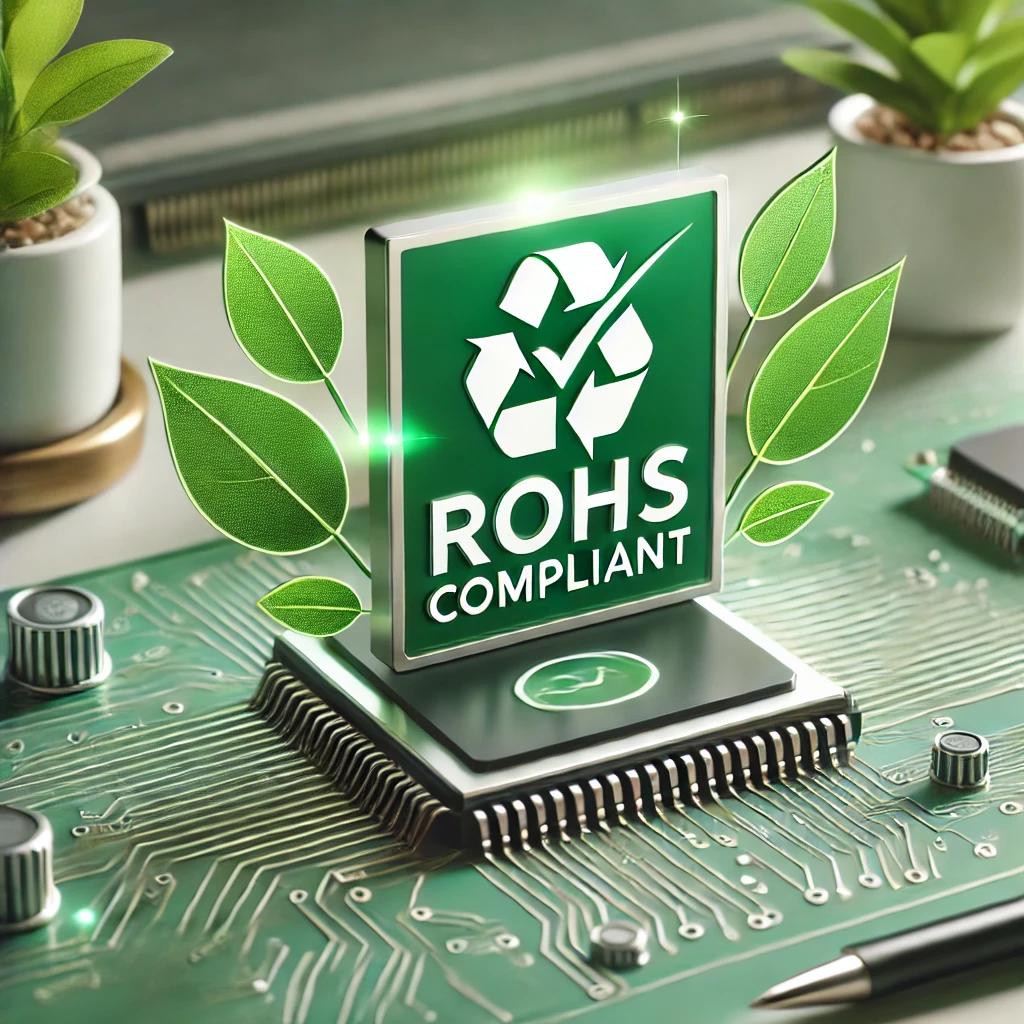Introduction: What is ROHS Certification?
ROHS (Restriction of Hazardous Substances) certification is a global standard that restricts the use of certain hazardous materials in electrical and electronic products. Introduced by the European Union in 2006, this certification aims to reduce the environmental impact of electronic waste and ensure that products are safe for human health. ROHS certification ensures that manufacturers comply with strict regulations regarding the use of hazardous substances like lead, mercury, and cadmium, which can be harmful when products are disposed of improperly.
The Importance of ROHS Certification for Manufacturers
For manufacturers, obtaining ROHS certification is essential for access to the European market. Compliance with ROHS standards guarantees that their products meet the regulatory requirements, which is crucial for selling in the European Union. Beyond legal requirements, ROHS certification also demonstrates a company’s commitment to sustainability and consumer safety. It helps businesses reduce the environmental footprint of their products, maintain industry competitiveness, and enhance their reputation as environmentally responsible companies.
ROHS Compliance and Environmental Impact
One of the primary goals of ROHS certification is to reduce the environmental hazards associated with the disposal of electronic waste. By limiting the use of toxic substances in electronic devices, ROHS ensures that when products reach the end of their life cycle, they are less likely to cause pollution or pose a risk to ecosystems. ROHS-compliant products are safer to recycle and dispose of, contributing to cleaner and more sustainable environmental practices in the electronics industry.
The Process of Obtaining ROHS Certification
Obtaining ROHS certification involves several steps. Manufacturers must ensure that their products are free from the restricted substances and document the materials used in production. Testing is required to confirm compliance, and third-party organizations may be involved in verifying the product's safety. After passing the necessary checks, the company can receive ROHS certification, allowing them to legally sell their products in regions that enforce ROHS regulations. It is essential for businesses to keep their products updated with the latest ROHS standards, as regulations can evolve over time.
Conclusion: The Benefits of ROHS Certification
In conclusion, ROHS certification is not only a legal requirement for selling electronics in many markets, but it also plays a significant role in promoting environmental sustainability and human health. It helps manufacturers demonstrate their commitment to eco-friendly practices while ensuring compliance with global regulations. By obtaining ROHS certification, companies not only avoid legal risks but also contribute to a greener, healthier world by reducing the harmful effects of hazardous substances in electronic products.

